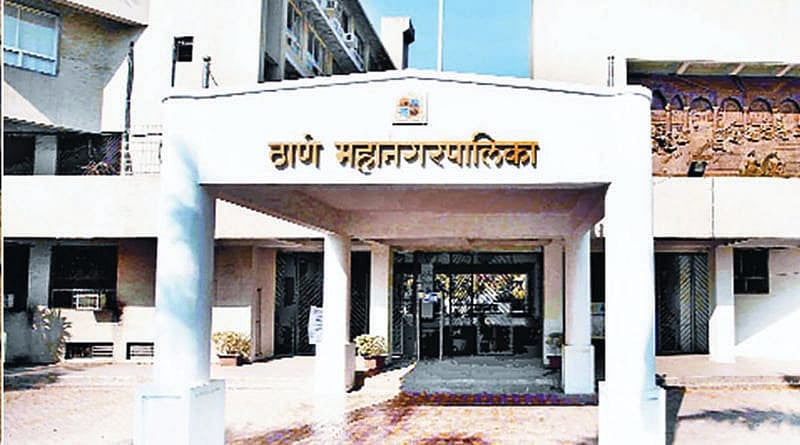The Indian automotive industry faced a rough patch following the COVID-19 jolt. After a robust performance in 2018-19, the sector started declining post the onset of the pandemic in March 2020. When things gradually started settling by the third quarter of FY21, the second wave of the pandemic altered the stable situation of the country.
Although 2022-23 was expected to be a market revival year for the industry, especially the two-wheeler sector, the Omicron variant has turned the scenario into a nightmare. This third pandemic wave will impose market restrictions, disrupt weekend sales, and defer purchase decisions due to financial caution.
The sector contributing 7.5 percent of the overall GDP faced major hindrances to a sudden increase in good consumption instead of service consumption. It has resulted in a dramatic rise in commodity prices, like a hike in logistics and shipping costs, inputs costs, etc.
The sky-rocketing fuel costs in India have also led consumers to shift their preference towards mileage bikes. However, the unavailability of semiconductor chips (a vital component in manufacturing two-wheelers) has posed a two-sided problem; price increase and demand-supply mismatch. The Federation of Automobile Dealers Association (FADA) urges the government to take bold steps.
Here are a few expectations from Budget 2022:
Reduction in Goods and Services Tax (GST)
Experts hope that the Ministry of Finance considers reducing the GST rates from the two-wheelers. They believe that the two-wheeler segment is no more a luxury but a necessity for traveling to meet daily needs, especially for the rural population. Owing to the rise in input costs and other factors, the pandemic-driven era has been witnessing a constant increase in the prices of vehicles after a gap of every 3 to 4 months. This is why the industry experts have urged the government to reduce the GST rates to 18 percent, countering the cost hike and generating a spurring demand in the segment. FADA has also sought a uniform GST of 5 percent on the margin for the used vehicles segments. It will create a win-win situation for dealers, vehicle owners, and the government. Moreover, it will ensure an increased consumption in the used bike category. This way, consumers can afford bikes, and the numbers will increase eventually.
Boost EV segment
The auto industry expects the government to boost the electronic vehicles (EV) segment in Budget 2022. The EV sector can be uplifted by utilizing various subsidies and offering incentives to consumers. It will help create a robust ecosystem of electric vehicles and allow consumers to afford EVs at low-interest rates. The automotive industry also expects the government to prioritize the research and development of EV batteries and provide sufficient funds in a public-private partnership to ensure zero dependence on crude oil.
Critical reforms
The automotive industry expects some critical reforms from the Finance Minister in this year’s Budget. It expects an announcement of a reduction in road taxes/registration taxes. Any step that supports the revival of economic growth and GDP will help the passenger vehicle segment. The Government has to focus on the additional costs involved with regulatory changes and postpone the introduction of new norms till the industry reaches a certain level. Moreover, it should create a favorable ecosystem so that every small and big startup can survive such global phenomena. A significant boost is required to promote more startups and entrepreneurs across the country. Certain changes in personal taxation can help consumers create space for disposable income and enhance their confidence.
Road ahead
Initiatives from last year’s Union Budget did not offer a necessary boost to the automotive industry as the Finance Minister had inverted duty structure for components and missed out on new policy initiatives for electric vehicles, leaving the EV industry disappointed. Experts request the Ministry of Finance to add enough fuel to the industry in 2022 through the aforementioned initiatives. After all, these multiple initiatives can pave the way for the revival and exponential growth of the automotive sector.
(The writer is CEO, Co-Founder, CredR-portal for buying and selling used bikes.)




